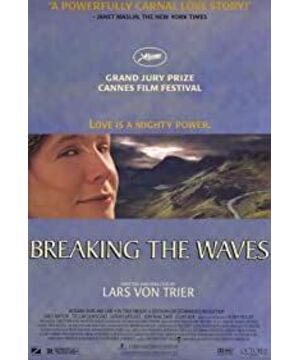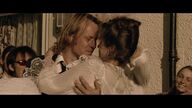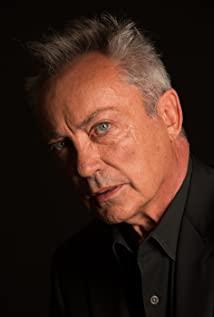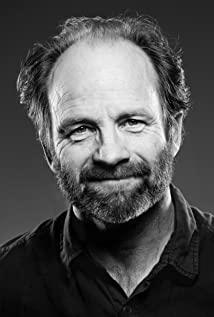From a similar perspective, these three films of Jincheng/Wen Von Trier attempt to reveal a certain hidden hypocrisy in human nature and the different fragility of two kinds of people who resist this hypocrisy. Precisely because it not only reveals that something is "deformed", but also to some extent the people who resist this "deformed" thing (in whatever way) are "deformed", so all three films are "deformed". With deep contradictions, irreconcilability and (especially "Breaking the Waves" and "Dancer in the Darkness") are almost mistaken for sentimental helplessness.
"break". From the point of view of human nature analysis, the film seems to lack tension, and the plot is a little taken for granted. The film presents an extreme form of loyalty and love, attacking the moral hypocrisy that exists in society from the side. But this love itself, it is morbid. It seems to take for granted that it should be sympathized with, but to sympathize with it is to acknowledge its rationality. In fact, it is absurd—begins with an absurd idea, carries out and ends with violence. In fact, this is just a very sensational story about absurdity and violence. After reading it, I was heartbroken, but I was speechless, let alone tearful.
"idiot". This is one of the more special of the three. As Dogma 95's acknowledged work (and representative), it's more "documentary", more objective, and grim. But its themes are still absurd, even "abandoned". A small group of people pretending to be mad and foolish in the name of opposing the middle class will ultimately betray their own sanity. The film seems to draw the line between pretending to be crazy and being really crazy. From a teleological point of view, it seems that they are not really lunatics, but considering that their actions are meaningless and fruitless, their way of life seems to be classified as a mass obsession. At least they're not just irrational when they're acting crazy, the motives behind these deliberate intermittent behaviors are just as irrational and superficial (but interestingly, the only place all of this resonates at all is perhaps the Count the motivation for their actions, because the middle class is indeed - as they say - hypocritical and contrived. Although the film does not make a direct comparison of this.). From this point of view, it seems that they are really crazy, and their behavior is just a behavioral reflection of their mental madness.
"black". Perhaps the most famous film in the trilogy. This lyrical film tells a moving story about motherhood. But behind this love, the social problems to be implied are even more shocking. Perhaps only with this extreme contrast, we can feel the power of the theme the director wants to show. The same applies to all the films in the trilogy.
View more about Breaking the Waves reviews










